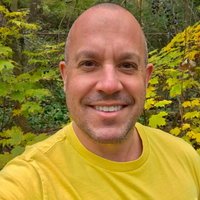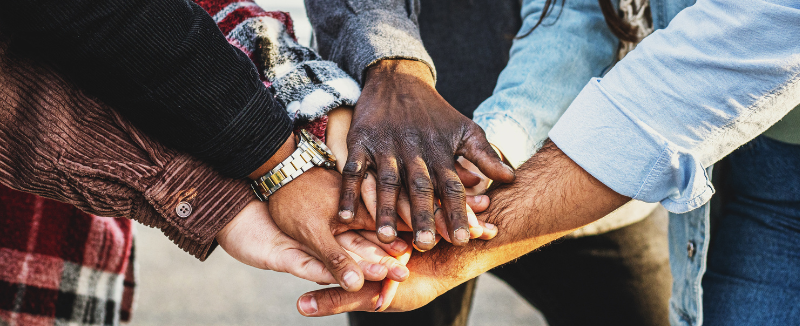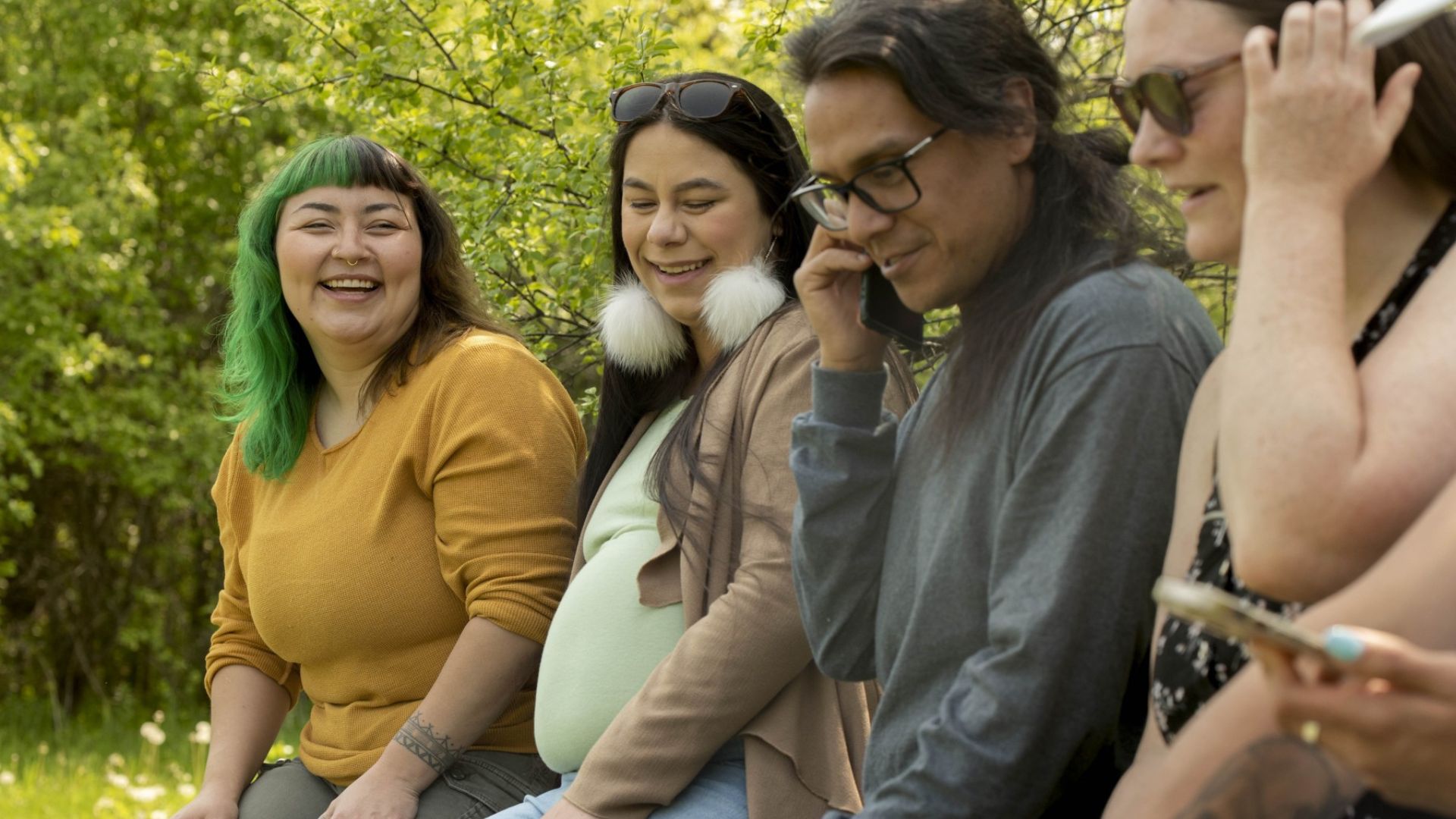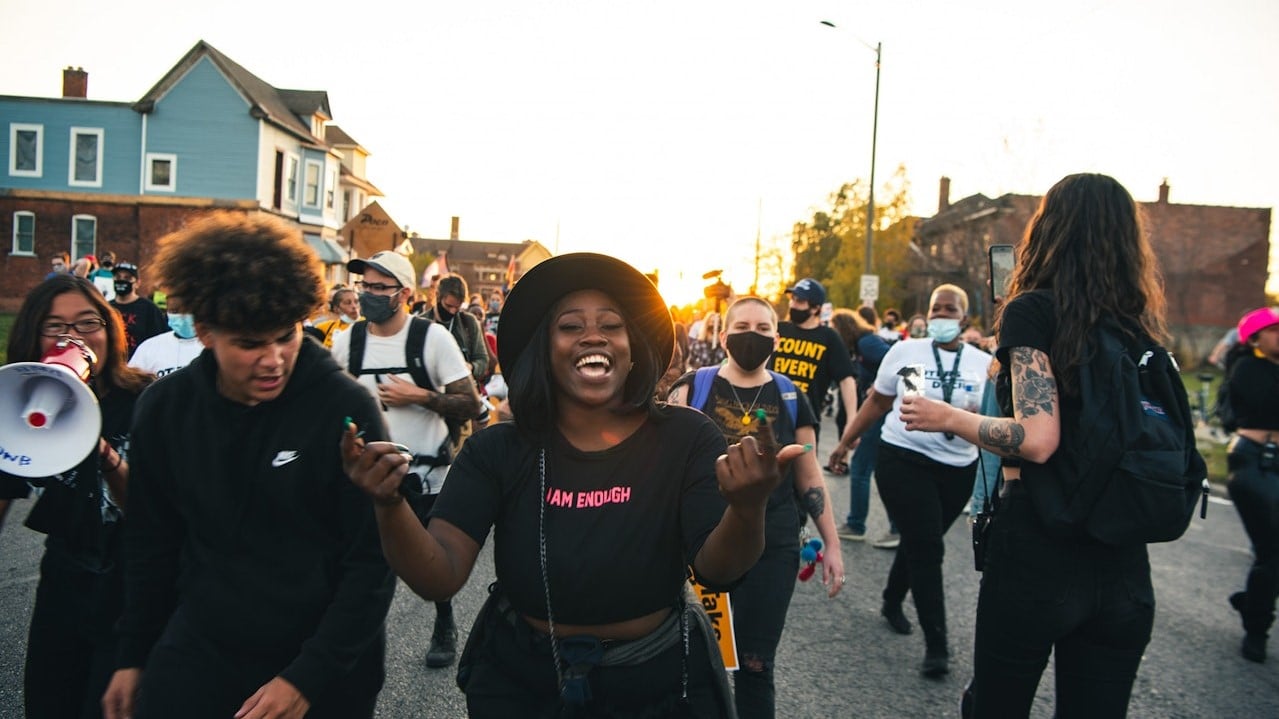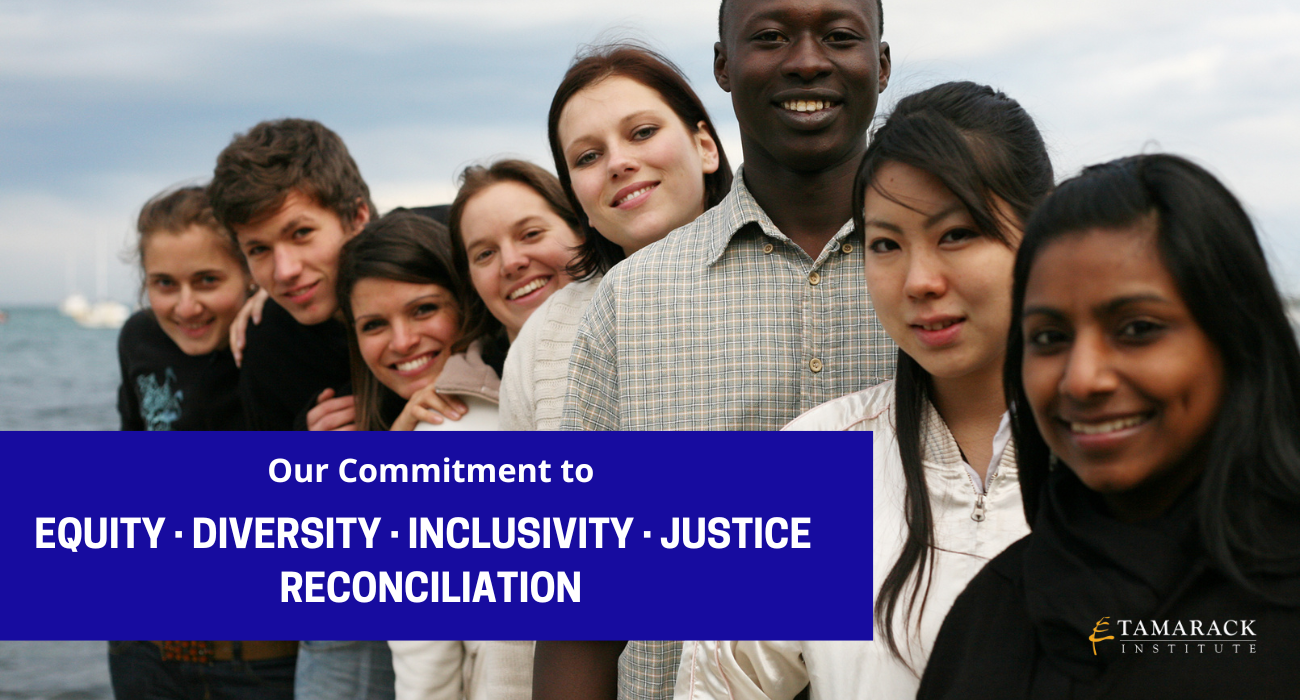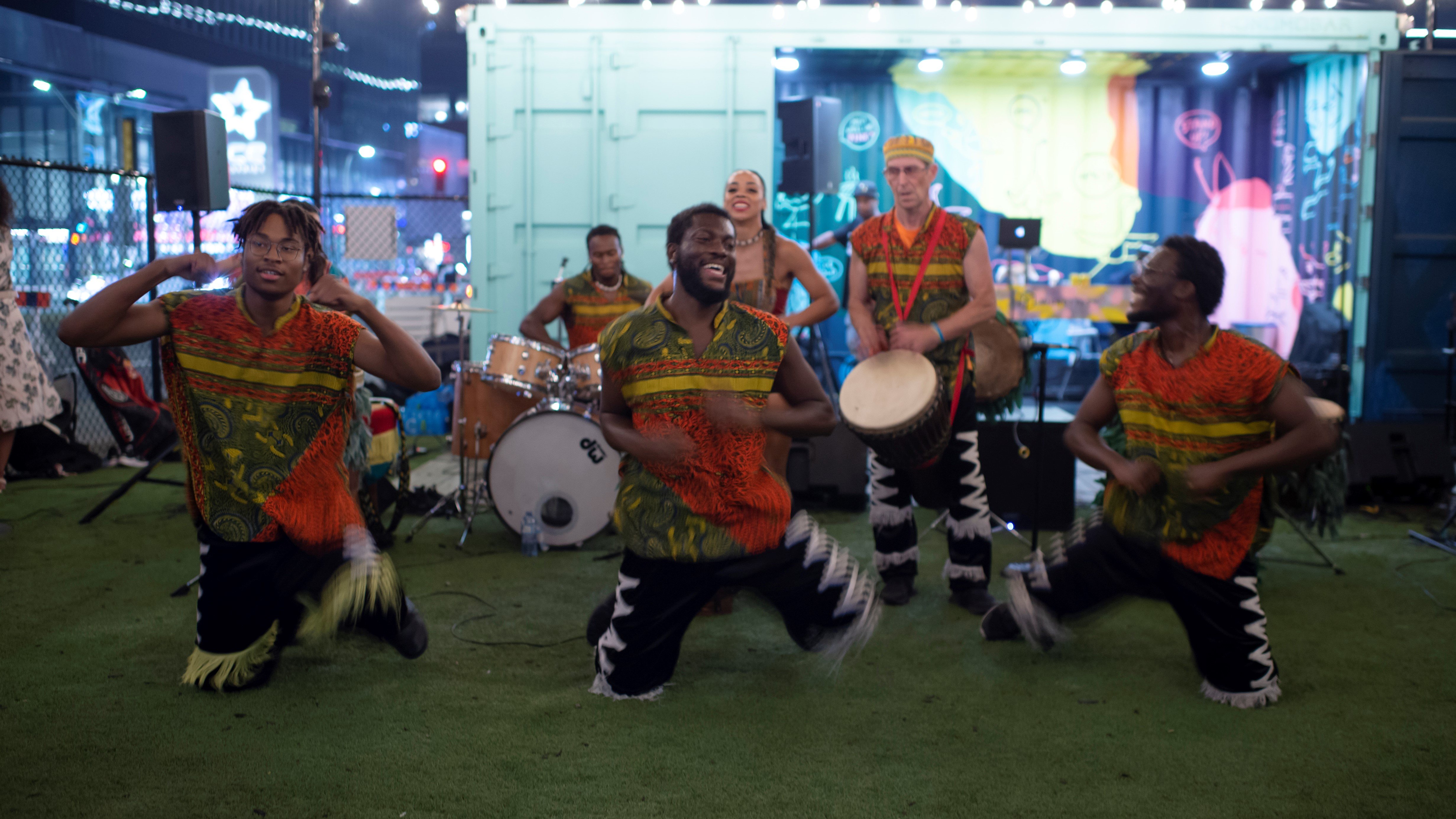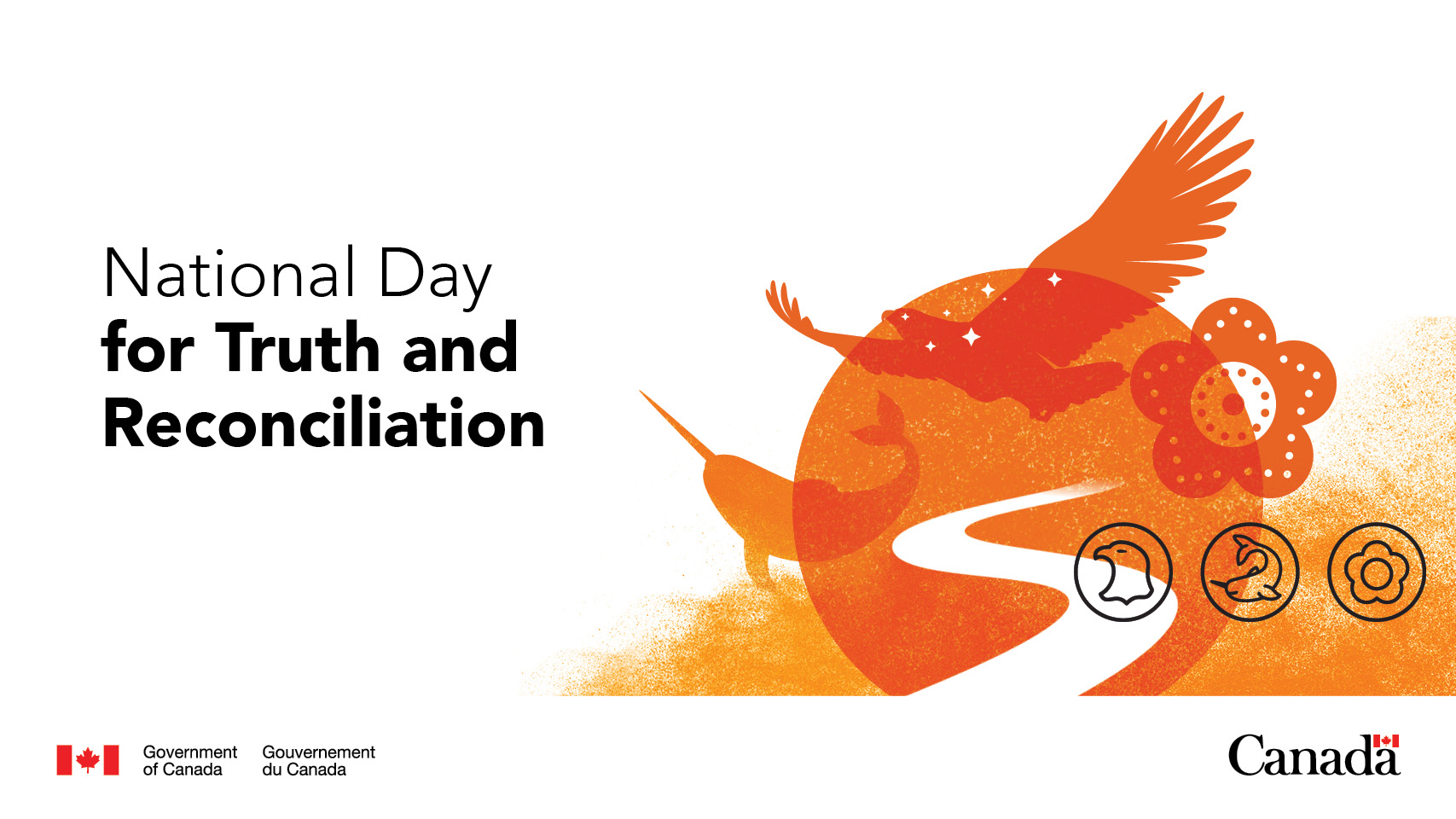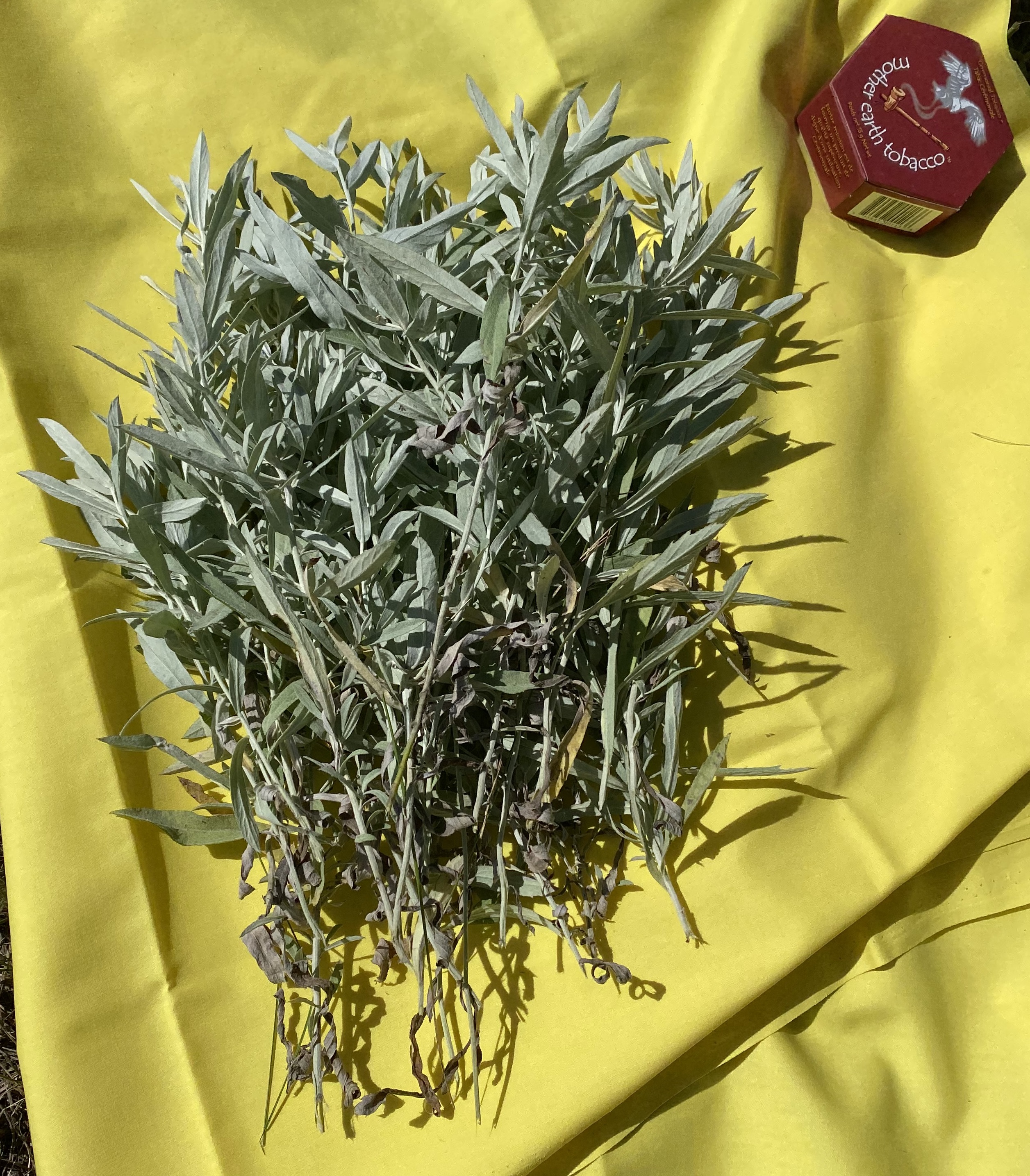This blog post offers the author's reflections after attending McMaster University Co-Design Hub's “Words Matter: Reflections on Language about Equity, Vulnerability and Lived Experience” panel discussion in January 2023.
This resource is also available in French. Click here to access the French version.
Language Is Powerful
What does it mean to call someone vulnerable? What does it feel like to be called vulnerable?
Language is powerful. It elicits emotion. We create community through sharing in the use of language and in building the meaning attached to the words that we use to communicate with each other. It can empower and inspire us. But language can also be extremely harmful when used in ways that belittle and disenfranchise the recipient.
The words that we use matter when we are describing people from communities that have experienced inequities. There are many broad terms used to describe those who experience barriers in society including words such as vulnerable, marginalized, hard-to-reach, disadvantaged, underrepresented and underserved. Are these appropriate?
When we use any term that describes people, we should be considering words that:
-
are inclusionary
-
people self-identify with, recognizing that people may have individual preferences
-
describe the population and avoid labels or stereotyping
-
are respectful and compassionate
-
avoid stigmatization
-
are strength and asset-based
-
use person-first language rather than identity-first language
-
do not shift the focus of responsibility from the system to the individual
-
are specific to the situation and informed by the people with and the context in which they are being used
There is power and privilege that exist in being able to name or label people. Consider the concept of race as a social construct used by colonizers to exert control and influence over others. We need to recognize the power that words have and consider the impact of the language that we choose to use. While we may have the best intentions at heart, the language that we use may be exclusionary, problematic or hurtful. As a white, cisgendered male who is a member of the 2SLGBTQI community, I must commit to removing harmful language from my vocabulary as my understanding evolves.
We also need to consider whose safety is being respected and prioritized when we decide which words to use. Are we using words that sanitize the reality of the lived experience of inequity so that it is more comfortable for us? It is okay to feel uncomfortable with and be confronted by language. It is not the job of those who have experienced inequity to help us to feel more comfortable by adopting or responding to words or terms that they do not identify with.
Reflections on Equity, Vulnerability and Lived Experience
Recently, the McMaster University Co-Design Hub hosted an online panel discussion on the topic of “Words Matter: Reflections on Language about Equity, Vulnerability and Lived Experience.” They shared four key ideas that emerged from the conversation:
1. Context matters.
Consider preferences of the community, the functions that terms can serve for different audiences and how terminology evolves over time. For example, language used in academic journals can be very different from what individuals relate to and wish to be named or labelled.
2. There is power in language.
Attention is needed to determine whose preferences are prioritized and where responsibility is shifted by the words we select. For example, the term “hard to serve” focuses on the individual or group who doesn’t fit in the system whereas the term “underserved” speaks more to the systemic issues that fail groups and communities.
3. Vulnerability has many dimensions.
Vulnerability is dynamic. It is a state, not a trait. Everyone experiences vulnerability to different degrees and at different times, and it can be a source of strength in that it can allow us to be our authentic selves, build empathy and help us foster better connections and relationships with others.
4. Labels have consequences.
Labels can sanitize experiences, legitimize trauma, and serve the needs of the state (i.e., government, decision and policy makers) rather than individuals and communities. Thinking about collectives versus individuals has different implications. We need to be aware of how labels imply blame and responsibility.
What can we do?
We can begin by reflecting on the language that we use, for example, by starting with the word vulnerable when referring to individuals or communities. Language and socio-political context change with time, so this is an ongoing process that requires continuous learning and reflecting.
Then, we need to: listen, understand, and adapt.
Take time to question the language that we use and engage with those to whom it refers to see if it is appropriate and safe. It is important to be responsive when someone brings our attention to hurtful or problematic language that we are using. We must listen and seek to understand how that language affects others. Finally, we must adapt and accept the preferences of others in what they do or do not want to be called. Together, we can co-create language that is inclusive, safe, and supportive.
Some Helpful Resources:
Let's Talk: Language of Health Equity
National Collaborating Centre for Determinants of Health
This resource is a discussion guide for practitioners who want to talk about choosing terms that positively describe and empower the population groups they refer to. The document includes a discussion of some widely used terms (e.g., marginalized, vulnerable, priority population), principles and key considerations to guide the language we use, and questions for group discussion.
Inclusive Language Guide
Oxfam International
A resource to support people to think about how the way they write can subvert or inadvertently reinforce intersecting forms of inequality. The language recommended is drawn from specialist organizations which provide advice on language preferred by marginalized people, groups and communities, and by Oxfam staff and networks, to support us to make choices that respectfully reflect the way they wish to be referred to.
Words matter: Creating a language guide to inform your communications
Big Duck
This article provides a link to Big Duck’s Words to Avoid Glossary and a collection of guides and resources that support inclusive language.


